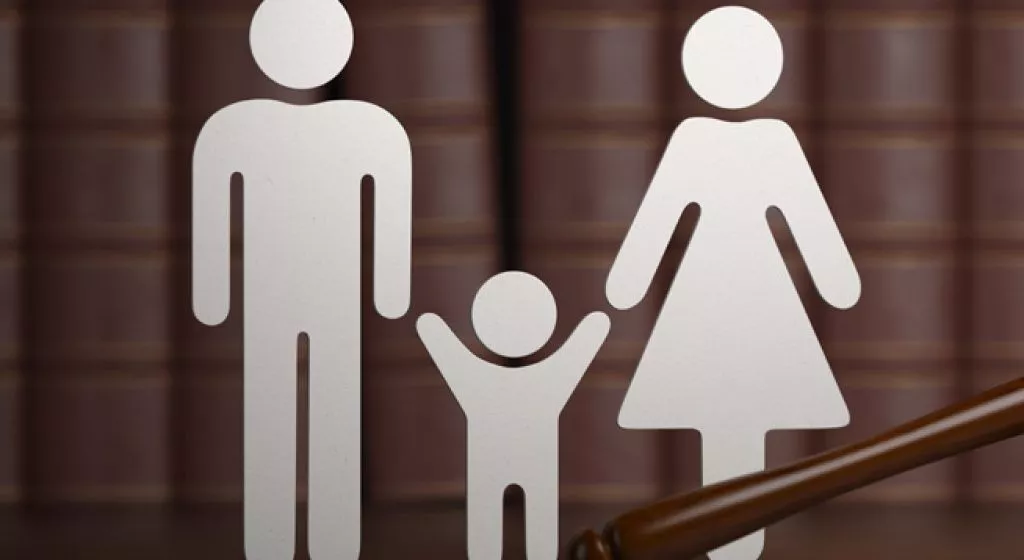Family mediation is an invaluable process that helps families navigate through conflicts and transitions with understanding and cooperation. Unlike divorce mediation, which focuses solely on the dissolution of a marriage, family mediation addresses a broader range of issues, including disputes between parents and children, elder care decisions, and sibling conflicts. This process encourages open communication, allowing all parties to express their needs and concerns in a supportive environment.
One of the core advantages of family mediation is its ability to preserve relationships. The mediator’s role is to facilitate discussions, ensuring that every voice is heard and guiding the participants toward mutually beneficial solutions. By focusing on collaboration rather than confrontation, mediation often leads to more sustainable outcomes that all parties can agree on.
Another benefit of family mediation is its flexibility. Unlike the rigid structure of court proceedings, mediation allows families to tailor solutions that fit their unique circumstances. Whether it’s deciding on living arrangements, managing financial responsibilities, or creating care plans for aging parents, mediation provides the space to explore creative and customized solutions.
Family mediation is also cost-effective and time-efficient. Court battles can be expensive and drawn-out, often exacerbating tensions and straining relationships further. In contrast, mediation tends to be quicker and more affordable, making it an accessible option for many families. Additionally, the confidential nature of mediation ensures that sensitive issues are handled with discretion, keeping private matters out of the public eye.
Moreover, family mediation fosters empowerment. Instead of having decisions imposed by a judge, the parties involved actively participate in crafting the agreements that will govern their future interactions. This sense of ownership over the process can lead to more satisfactory and lasting resolutions, as the agreements are made by those who will live by them.
In conclusion, family mediation is a powerful tool for resolving family disputes in a way that promotes understanding, cooperation, and long-term harmony. By choosing mediation, families can avoid the adversarial nature of court proceedings and instead work together to create solutions that respect the needs and interests of all involved.

